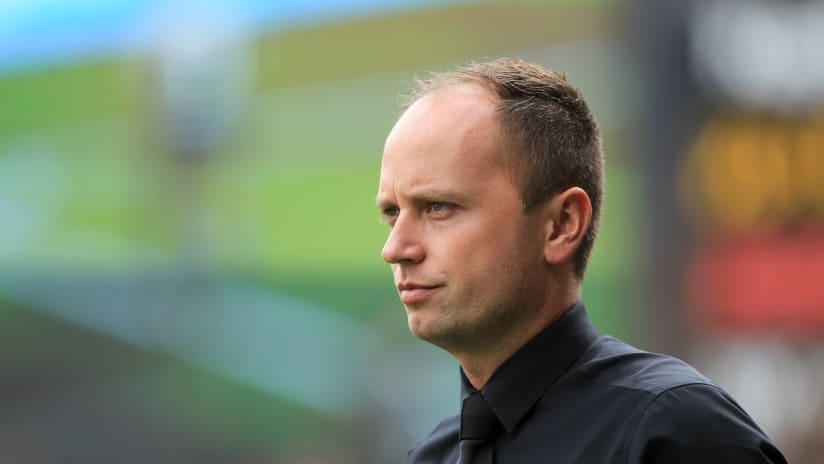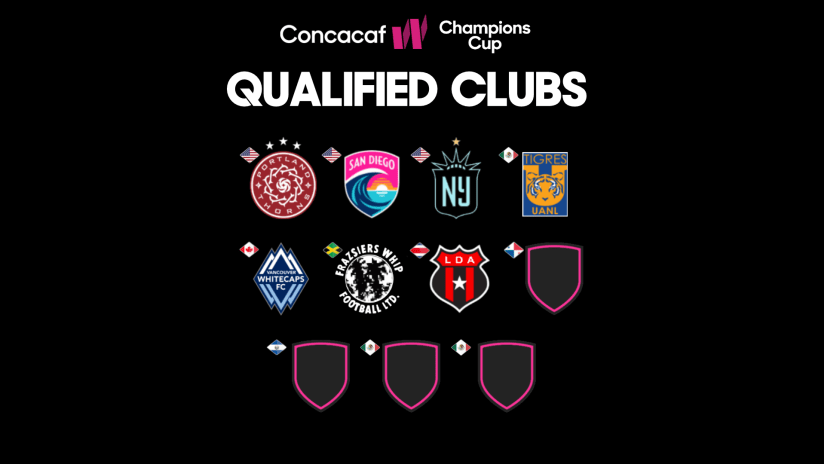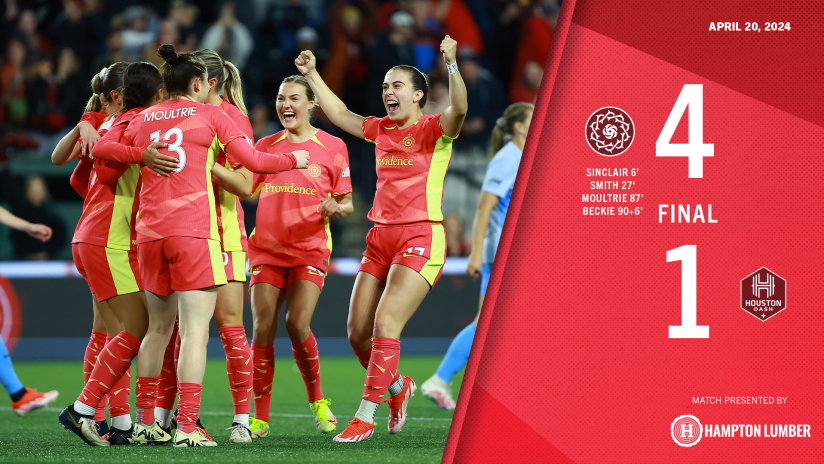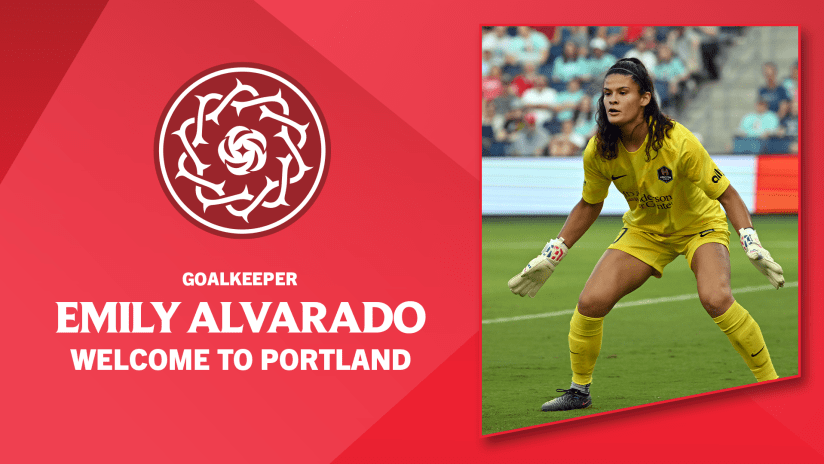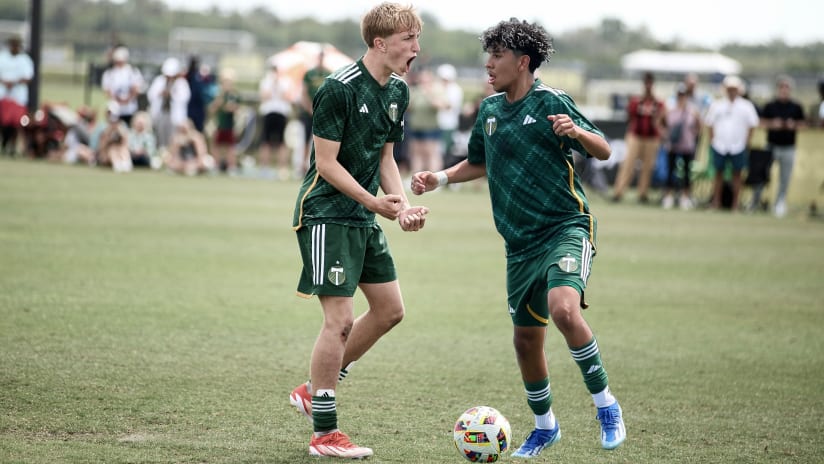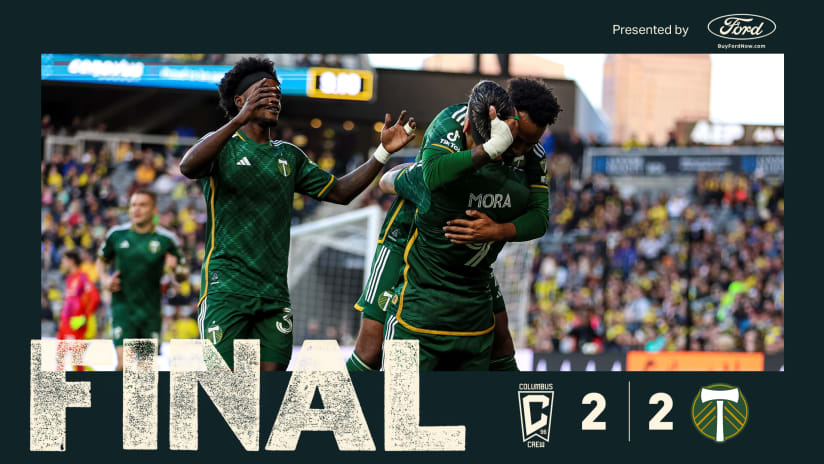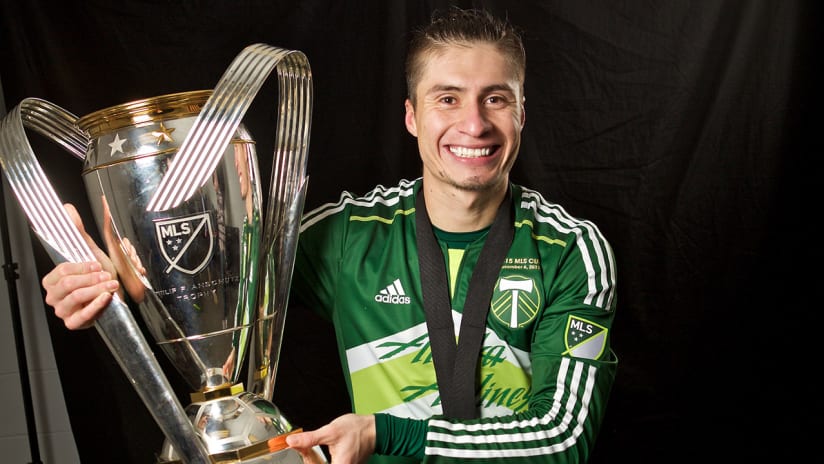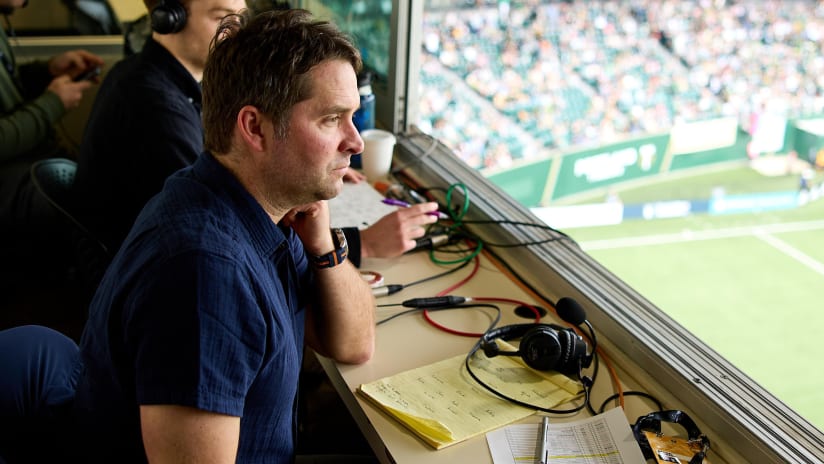PORTLAND, Ore. – “Seeing team meetings, observing training and watching them play their rival was great, but the best bit was the coffee.”
Portland Thorns FC head coach Mark Parsons is talking about the last days of his October – the time between his end-of-season, post-final review and the true start of his offseason. Weeks of reflection followed the Sept. 22 NWSL Championship 3-0 loss to the North Carolina Courage, but once fall arrived, it was time for what’s becoming an annual journey. The destinations change, but each offseason, the 32-year-old seeks out something in the sports landscape that he can sense, from a distance, could help in Portland.
Helping the Thorns, that’s always his first goal, but for somebody entering the seventh season of what, hopefully, will be a long, top-level soccer career, personal development is a goal, too. This year, those goals took Parsons to Croatia, arriving days ahead the country’s Eternal Derby: Hajduk against Dinamo Zagreb. It took him to Hajduk’s training grounds, but it also took him to Split’s coffee shops.
“Sitting there for hours and going, OK,” he remembers, of a scene that feels heightened, as if from a screenplay of Aaron Sorkin’s. “How you position to gain [an advantage], that gives you this space, but leaves you a little bit open to the counter attack?” Rapid diatribes in vaguely lit rooms, the stage direction would implore, even if the Croatia’s drama was less in the lighting, more in the ideas.
Across the table sit Mario Despotović and Martin Rafelt, two youth coaches at Hajduk but also two examples of what people allude to when they define “modern” coaches – people whose minds and methods are shaping the game at its top levels. Despotović is the type of coach who can give full podcasts on subjects like “building up with asymmetrical structures,” while Rafelt, his assistant with Hajduk’s under-19s (and a former assistant to Paris Saint-Germain’s Thomas Tuchel), has the kind of tactical mind that adorns panels at soccer conferences.
Parsons spent days watching Hajduk U-19s’ sessions, absorbing their philosophies and getting some insight into the club’s vertical integration. Just as important, though, was how those practical matters met theory, come time in the coffee house.
“How would you cover yourself for transition,” Parsons remembers, of his conversations, “without taking away the opportunity to create a better chance?”
Every industry has versions of these conversations, ones where terms become so abstract, you could be talking chess or checkers, yet nothing in between. For most soccer fans, dwelling on the literal implications of advantage, counter attack, transition and chance is enough to overflow notifications and comment sections, but for somebody like Parsons, the literal has no value. Jargon, here, connects to a larger conversation – an abstraction that ties his conversations to something more philosophical.
“We dived into it like we had known each other for a long time,” Parsons says, “but it was the first time I had met both Mario and Martin.”
This was second leg of a week-long journey for Parsons, one that began with a personal return to England but, soon, turned its focus back to soccer. Starting in the Netherlands before moving to Croatia, the journey found Portland’s boss back on his home continent, feeding a curiosity that builds over the course of each National Women’s Soccer League season. Engrossed in the title races that define his Thorns, Parsons rarely has time to think of the game outside the NWSL’s context. The offseason is a chance to re-connect to a broader world, a vital part of his growth.
It’s through those connections that new visions are born. How can my philosophy of the game keep moving forward, Parsons’ trip implicitly asked? What is the best way to execute this style of soccer, and how are other minds achieving this? How do I take the things I respect from other people’s work and apply it in Portland, where the Thorns’ collection of talent is unlike any in the world? And will the methods that are being tried in places like Croatia be viable at Providence Park?
Soccer’s Old World isn’t the only place Parsons has looked. Last year, his search for answers took him to Connecticut, where time with the UConn women’s basketball team provided a number of lessons. “I wanted to go see somebody who has a rich history of winning, maintaining excellence,” he said. Head coach Geno Auriemma has a record 11 national titles. His knowledge helped seed a 2018 season which, culturally, was one of the Thorns most successful.
This year, Parsons’ quest kept him closer to the soccer field, where a week of practice and theory took him from Northern to Central Europe; from one of the world’s legendary soccer nations to a Split coffee house; from one laboratory of the game to a class in theory, where the stanzas of the game’s poetry are dissected, verse for verse.
These discussions are how, nearly 100 years ago, some of the game’s first tactical revolutions started. Going from two defensive players to three. Switching from the 2-3-5 formation to the W-M. Those evolutions were rooted to philosophy, as argued in from Prague to Vienna, in cafes that were linked to clubs the same way pubs are, now. The 1920s have since faded, and with them, the debates of the past have been resolved. In 2018, it’s positional play, managing transition, and counter pressing that dominate the salons of central Europe, as well as the more practical matters of producing a team’s best soccer.
In Croatia, those practical matters extended beyond Despotović’s and Rafelt’s teams, or Parson’s Thorns. For four days before he arrived, Parsons had been in Amsterdam, witnessing the legacy of legends and seeding the hypotheticals he’s explore in Split. In the realities of AFC Ajax, one of the game’s iconic clubs, Parsons saw the 2018 applications of Rinus Michels and Johan Cruyff, and the rest of the architects of Total Football. In addition, he got a snapshot of what is, to him, one of the game’s best modern coaches.
“I wanted to watch him work,” Parsons says of Erik ten Hag, Ajax’s first-team coach, “because of his attention to detail, his knowledge, his methodology and the personality his teams play with.”
Ten Hag worked with Manchester City’s Pep Guardiola, serving as Bayern Munich’s second-team coach when the Spanish manager was in Germany. Since arriving in Amsterdam from FC Utrecht, ten Hag has won 75 percent of his games. Along the way, he has helped cultivate talents like defender Matthijs de Ligt and midfielder Frenkie de Jong, who have a combined estimated transfer value of $102 million (per TransferMarkt.com).
Leading Ajax into this year’s UEFA Champions League knockout round, ten Hag has his club in Europe’s final 16 for the first time since 2006, but he also fits squarely into the model of a modern soccer coach. While many are, just now, getting a grasp on how attacking the game’s highest levels have become, ten Hag increased Ajax’s goal scoring in league by 12.7 percent during his first season. This year, the 33-time Dutch champions are on pace for 121 league goals (in 34 games) and, at 14-1-1 (with a plus-50 goal difference), are in position to unseat defending champions PSV Eindhoven and end his club’s four-year title drought.
“I singled him out because of his style of play - the attacking philosophy he has coached his last few teams with that I’ve managed to study, observe, and watch from a distance,” Parsons says, describing ten Hag as “an elite coach who will be one of the best in European football within the next couple of years.”
“The bonus,” he explains, “was being able to see one of the most prestigious cubs in the world at developing players; to be able to get a small glimpse how they’ve done that.”
That’s some bonus. Beyond Michels’ mind and Cruyff’s omnipotence, Ajax has produced one of the most gifted strikers the game’s ever seen (Marco van Basten). Names like Dennis Bergkamp, Frank and Ronald de Boer and Frank Rijkaard defined the Dutch titan’s legacy while Parsons was a child, but the subsequent generations of talent – players like Patrick Kluivert, Clarence Seedorf, Edwin van der Sar, Wesley Sneijder and Christian Eriksen – have reinforced the club’s place among the world’s elites. Ajax isn’t just producing world-class talent. Their reputation is staked on it.
“First priority was the senior teams – the first team and the B-team – and see how they work, get an inside look at how they do things,” Parsons explains. “The bonus was to see, from under-eights to their under-18s, 19s, a glimpse of how this club continues to develop some of the world’s best players.”
Amongst his peers in the NWSL, part of Parsons’ acclaim is tied to his player development. For the coach, it is a point of personal pride. Though he’s won two major honors in his three years in Portland, Parsons takes almost as much pride in talking about the development of players like Hayley Raso, Celeste Boureille and Emily Menges – not to mention U.S. internationals Lindsey Horan, Emily Sonnett and, back to his days with the Washington Spirit, Crystal Dunn. Over five-plus years, Parsons has helped develop some of the most influential players in the NWSL, but in Amsterdam, he was seeing a program which, while incorporating new minds like ten Hag, has almost 50 years of producing stars.
“Watching Ajax was watching a great team with unbelievable talent, and seeing how the first team and the B team are trying to manage the same things we are,” he explained. In players like Christine Sinclair, Tobin Heath and Horan, Parsons has his own unbelievable talents, all of whom go through the same processes: “Managing all levels of performance and preparation with the goal of being at their best come game day, but also how you and your staff manage team meetings and individual players.
“It was all part of learning about the great way Erik works, and I am grateful he opened the door to me.”
That – learning – is the bottom line, whether Parsons’ offseason voyages take him to Connecticut, to Holland and Croatia, or whatever distances await next offseason. It’s part of his professional growth, putting himself on a track not unlike the one players like Raso and Horan navigate on the field.
But whereas a player’s growth comes down to how they apply the game, Parsons’ improvement comes from how he melds his ideas with his management, moment-to-moment. At Ajax and UConn, he found others’ ideas, and he saw ways his own can be put to use. In Croatia’s coffee houses, though, a new set of ideas may have been born.

